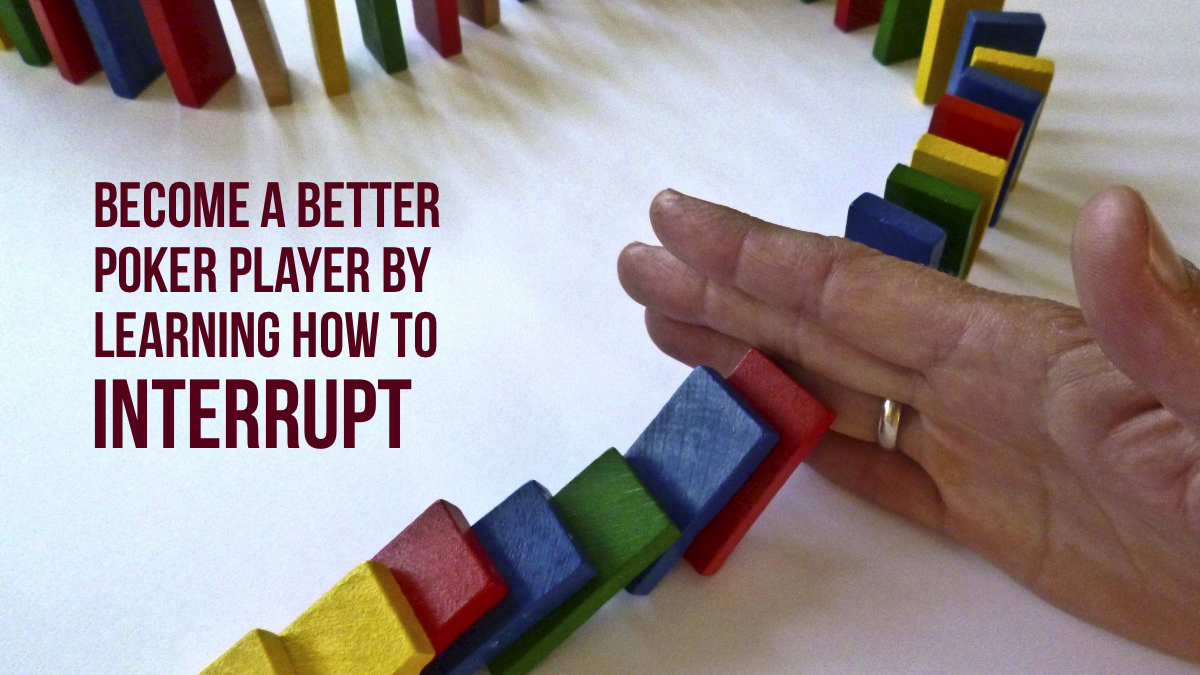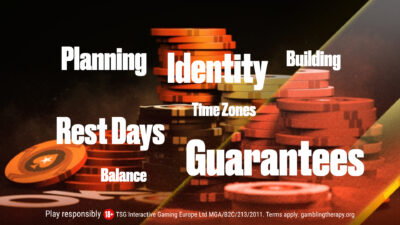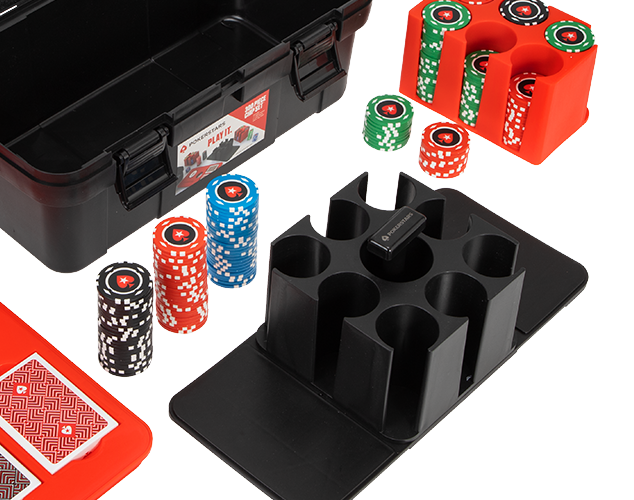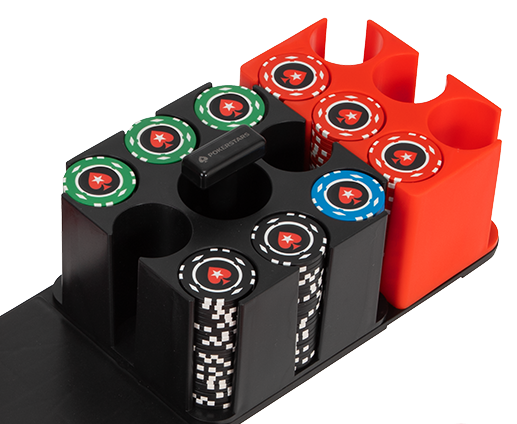I was listening to the news the other day. A reporter was interviewing a politician, an elected official.
The reporter asked the politician what he was going to do about a current problem. Specifically, what action was he going to take to try to solve the problem?
The politician answered the question as many politicians often do, by not answering it. He started with a few sentences describing the problem and how serious it was and how important it was to respond to it. Then he pivoted to discuss other things he had done to address other problems.
But the interviewer was a good one. He interrupted the politician, and repeated the question.
I silently complimented the interviewer. So many reporters seem to let politicians go on and on in these spots, essentially letting them avoid answering difficult questions. Interrupting them doesn’t always work, but keeping quiet and letting them continue to ramble never does.
The interviewer’s boldness reminded me of how in poker it often pays not to be overly passive, but to show aggression at least occasionally to keep opponents from running over you all the time.
In fact, to become a stronger poker player, you have stop being polite all the time. Sometimes you have to interrupt.
Poker and the art of persuasion
You might have heard someone say before how playing a poker hand is like having a conversation.
I’m not talking about “table talk.” I’m referring to the actions in a poker hand — checking, betting, raising, and in draw games the discarding and drawing of cards. All of those actions “say” certain things, and with two or more players involved they are all “saying” these things to each other.
For instance, a big bet might say “I’ve got a strong hand.” Then when the next player to act raises, he could be responding, “Oh yeah? I’ve got a stronger one.” Or, perhaps, “I don’t believe you.” (Sometimes a well-constructed bluff is described as a player “telling” a believable “story.”)
Let’s explore this analogy a little deeper. Your actions in a hand — that is, your checks, bets, and raises — are all “saying” things you hope will result in your winning the pot. If you have a strong hand, you hope to earn extra value and so are trying to convince your opponent to put more chips in the middle. If you have a weak hand, you hope to dissuade your opponent from continuing and so bet in a way that ideally elicits a fold.
The analogy makes playing poker into something like the art of persuasion. Being a winning poker player is like being a good speaker, a skilled rhetorician whose audiences find him or her consistently convincing.
Dominating the ‘conversation’ hand after hand
It’s not uncommon to be at a table where one player is clearly dominating everyone else. Perhaps he or she is the most skilled player, perhaps not. But for whatever reason, that player seems always involved and seems to be winning a lot more than the other players.
Sometimes in this situation it feels like this player has been “lecturing” the table all night, even if the player isn’t saying a word. And the others are all “listening” attentively, unable to respond. The “arguments” the player is making are just too strong, too difficult to refute. There doesn’t seem to be any opening where any of them can jump in.
When folded to in late position, this player always opens with a raise. Every time he’s had the button he’s raised, and the passive player in the big blind has folded again and again. It’s like the aggressive player is going on and on about how great his cards are, and the big blind has been quietly listening and refusing to question what his opponent is saying.
Some players, though, are eventually going to “speak up” here. They are going to interrupt all this aggression by playing back in some fashion, such as by three-betting.
You say you have a strong hand again (they say)? Let’s get some clarification on that.
Not getting the information you want? Interrupt
Many people — probably most of us — are polite and prefer to avoid confrontation. Interrupting others is rude. It makes us uncomfortable to do it.
But poker often requires you to test your own boundaries. Especially when that guy keeps raising your blind, over and over. You can’t let him go on and on like that.
Winning at poker requires gathering needed information and acting accordingly. Sometimes your opponents aren’t going to cooperate in the way they “talk” to you via their actions. Sometimes the only way to get answers to your questions is to be impolite.
You’re going to have to speak up. You’re going to have to interrupt.
Back to Top











